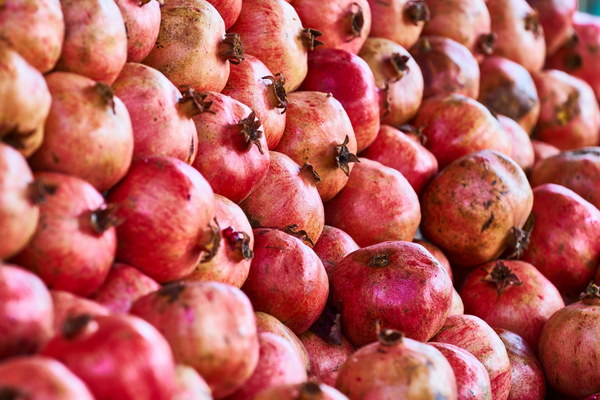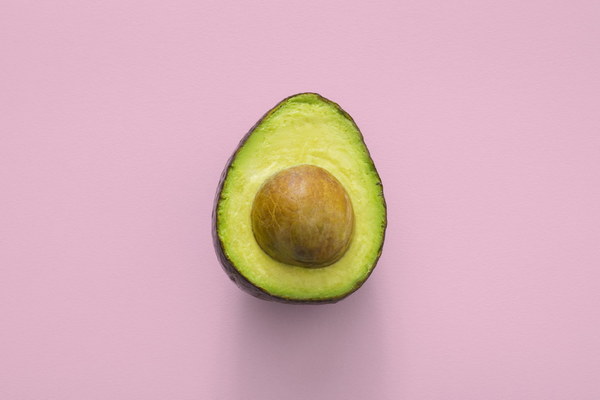Heart Rate Stability What to Eat for a Balanced Diet
Introduction:
Maintaining a stable heart rate is essential for overall health and well-being. A balanced diet plays a crucial role in achieving this stability. In this article, we will explore the best foods to include in your diet to stabilize your heart rate and promote cardiovascular health.
1. Fruits and Vegetables:
A diet rich in fruits and vegetables is vital for heart rate stability. These foods are packed with essential nutrients, antioxidants, and fiber that help regulate blood pressure and improve heart health.
a. Berries: Berries such as strawberries, blueberries, and raspberries are high in antioxidants and fiber, which can help lower cholesterol levels and reduce inflammation.
b. Leafy Greens: Dark leafy greens like spinach, kale, and collard greens are rich in vitamins, minerals, and antioxidants. They help lower blood pressure and reduce the risk of heart disease.
c. Apples: Apples are an excellent source of soluble fiber, which can lower cholesterol levels and reduce the risk of heart disease.

d. Avocado: Avocado is a healthy fat source that can help regulate blood pressure and improve heart health.
2. Whole Grains:
Whole grains are an excellent source of fiber, vitamins, and minerals that can help maintain a stable heart rate.
a. Oatmeal: Oatmeal is rich in soluble fiber, which can help lower cholesterol levels and reduce the risk of heart disease.
b. Quinoa: Quinoa is a nutrient-dense grain that is high in fiber, protein, and minerals like magnesium, which can help regulate heart rate.
c. Brown Rice: Brown rice is a good source of fiber, vitamins, and minerals, and can help lower cholesterol levels.
3. Nuts and Seeds:
Nuts and seeds are packed with healthy fats, protein, fiber, and essential nutrients that can contribute to heart rate stability.
a. Almonds: Almonds are rich in monounsaturated fats, vitamin E, and magnesium, which can help lower cholesterol levels and improve heart health.
b. Chia Seeds: Chia seeds are high in omega-3 fatty acids, fiber, and protein, which can help regulate heart rate and improve cardiovascular health.
c. Flaxseeds: Flaxseeds are an excellent source of omega-3 fatty acids, fiber, and lignans, which can help lower cholesterol levels and reduce inflammation.
4. Lean Proteins:
Consuming lean proteins can help maintain a stable heart rate and support overall cardiovascular health.
a. Fish: Fish such as salmon, mackerel, and sardines are rich in omega-3 fatty acids, which can help reduce inflammation and improve heart health.
b. Chicken and Turkey: Lean cuts of chicken and turkey are excellent sources of protein with low saturated fat content, making them heart-healthy choices.
c. Beans and Lentils: Beans and lentils are plant-based protein sources that are high in fiber, vitamins, and minerals, which can help lower cholesterol levels and improve heart health.
5. Herbs and Spices:
Herbs and spices not only enhance the flavor of your meals but also offer numerous health benefits that can contribute to heart rate stability.
a. Garlic: Garlic has been shown to lower blood pressure and reduce cholesterol levels, contributing to heart rate stability.
b. Turmeric: Turmeric contains curcumin, a compound that has anti-inflammatory properties and can help reduce the risk of heart disease.
c. Cinnamon: Cinnamon has been shown to improve insulin sensitivity and lower blood sugar levels, which can help regulate heart rate.
Conclusion:
Incorporating these heart-healthy foods into your diet can help maintain a stable heart rate and support overall cardiovascular health. Remember to consult with a healthcare professional before making any significant dietary changes.









